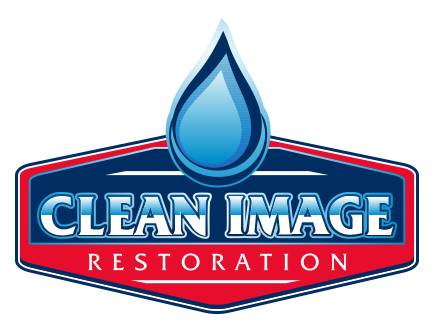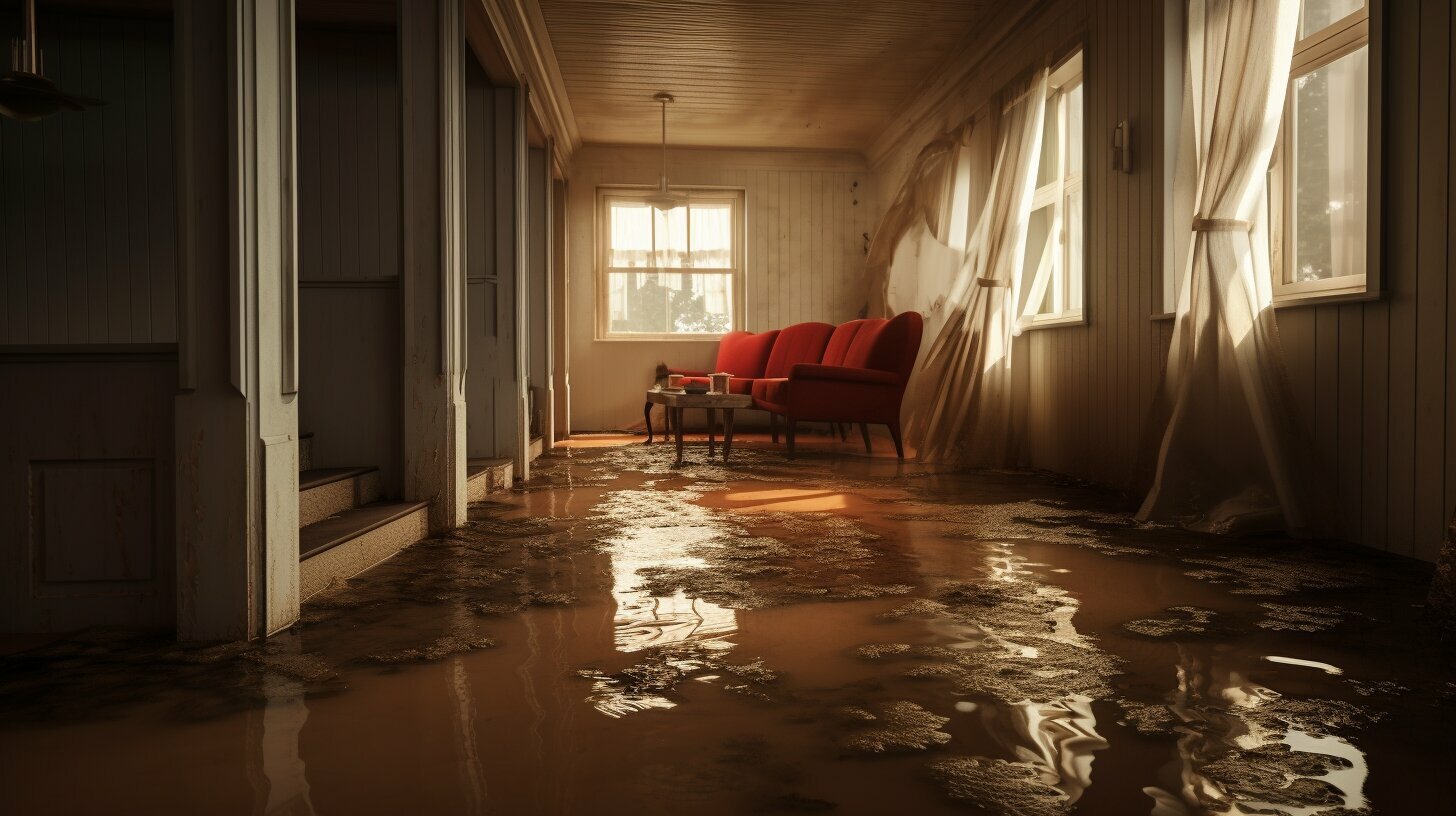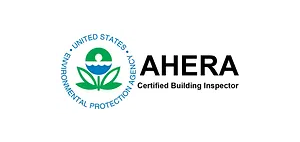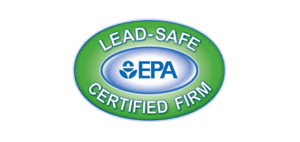Water damage is a serious problem that can have significant consequences if not addressed promptly. Within the first 24 hours of a leak or flood, mold development, damage to floors, walls, and electrics, and even structural issues can occur. Water damage can lead to health concerns as sitting water often features germs and bacteria. Even a small leak can cause damage to floors, walls, and furniture. If water damage is left untreated for more than a week, the restoration process becomes more difficult and costly. Water damage can cause damage to wood, drywall, and other porous materials, and can lead to the growth of mold and fungi. Untreated water damage can also lead to property structural damage, health risks, the attraction of pests, and a risk of electric shock. It is important to address water damage promptly and seek the help of professionals for restoration work.
Key Takeaways:
- Water damage can lead to mold development, floor and wall damage, and even structural issues if not addressed within 24 hours.
- Sitting water can harbor germs and bacteria, posing health risks.
- Small leaks can still cause significant damage to floors, walls, and furniture.
- Untreated water damage becomes more difficult and costly to restore after a week.
- Water damage can damage wood, drywall, and other porous materials, leading to the growth of mold and fungi.
- Untreated water damage can result in property structural damage, health risks, pests, and electric shock hazards.
- It is crucial to address water damage promptly and seek professional assistance for restoration work.
The Impacts and Solutions for Water Damage
Water damage can lead to various impacts and implications that can significantly affect your property and health. Within the first 24 hours of a leak or flood, mold development, damage to floors, walls, and electrics, and even structural issues can occur. This can result in costly repairs and potential safety hazards. Additionally, sitting water often features germs and bacteria, posing health risks to you and your family.
One of the most concerning effects of water damage is the growth of mold and fungi. Moisture can seep into porous materials like wood and drywall, providing an ideal environment for mold to thrive. Not only can this compromise the structural integrity of your property, but it can also trigger respiratory problems and allergies. When it comes to water damage, even a small leak can cause significant damage to floors, walls, and furniture if left untreated for an extended period.
Moreover, untreated water damage can lead to more serious issues over time. If left unaddressed for more than a week, the restoration process becomes more difficult and costly. The prolonged exposure to moisture can weaken the structural components of your property, resulting in potential structural damage. Furthermore, standing water can attract pests like mosquitoes and rodents, creating an additional nuisance and health risk.
To mitigate the impacts of water damage, it is crucial to take immediate action. Contacting professionals who specialize in water damage restoration is advisable to assess the extent of the damage and perform the necessary repairs. They have the expertise and equipment to remove excess water, dry out affected areas, and prevent further damage. Implementing preventive measures such as regular inspections, proper maintenance of plumbing systems, and installing water leak detection devices can help minimize the risk of water damage in the first place.
Summary:
Water damage can have severe consequences for both your property and health. Mold development, damage to floors, walls, and electrics, and even structural issues can occur within the first 24 hours of a leak or flood. Additionally, sitting water can harbor germs and bacteria, posing health risks. If left untreated, water damage can lead to costly repairs, mold growth, property structural damage, attraction of pests, and a risk of electric shock. Promptly addressing water damage and seeking professional assistance for restoration work is essential to mitigate these impacts. Implementing preventive measures can also help minimize the risk of water damage in the future.
| Water Damage Impacts | Water Damage Solutions |
|---|---|
| Mold development | Contact professionals for restoration work |
| Damage to floors, walls, and electrics | Assess the extent of the damage |
| Structural issues | Perform necessary repairs |
| Health risks | Remove excess water and dry affected areas |
| Attraction of pests | Implement preventive measures |
| Risk of electric shock | Regular inspections and maintenance |
Conclusion
It is evident that water damage should be taken seriously due to its potential consequences. Promptly addressing water damage and seeking professional help for restoration work is crucial in mitigating further damage and ensuring the safety of your property and health.
Water damage can have significant impacts on your property, ranging from mold development to damage to floors, walls, and electrics. Even structural issues can occur within the first 24 hours of a leak or flood. Additionally, sitting water often features germs and bacteria, posing health risks to you and your family.
Furthermore, untreated water damage can lead to property structural damage, the attraction of pests, and even a risk of electric shock. Even a small leak can cause damage to floors, walls, and furniture. If left untreated for more than a week, the restoration process becomes more difficult and costly.
Therefore, it is important to address water damage promptly and seek the help of professionals for restoration work. By doing so, you can effectively mitigate further damage, protect the structural integrity of your property, and ensure the safety of your health and wellbeing.
FAQ
Q: How quickly should water damage be addressed?
A: Water damage should be addressed promptly, preferably within the first 24 hours. Delaying the restoration process can lead to mold development, damage to floors, walls, and electrics, and even structural issues.
Q: Can even a small leak cause significant damage?
A: Yes, even a small leak can cause damage to floors, walls, and furniture. It is important to address any signs of water damage, regardless of the size, to prevent further issues.
Q: What are the consequences of leaving water damage untreated for more than a week?
A: Leaving water damage untreated for more than a week can make the restoration process more difficult and costly. It can cause damage to wood, drywall, and other porous materials, leading to the growth of mold and fungi. Untreated water damage can also result in property structural damage, health risks, pests attraction, and a risk of electric shock.
Q: Why is it important to seek professional help for water damage restoration?
A: Seeking professional help for water damage restoration is essential because experts have the knowledge and equipment to properly assess and address the damage. They can ensure thorough drying, prevent mold growth, repair structural issues, and mitigate health risks.






